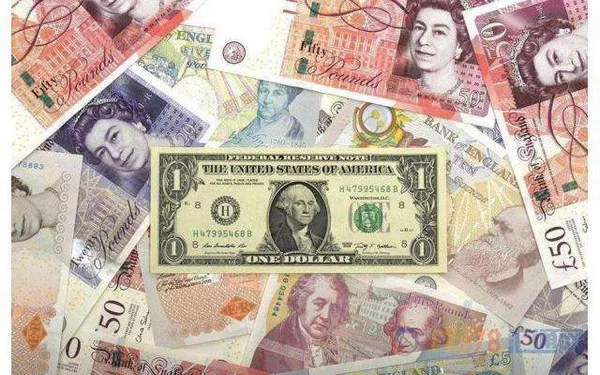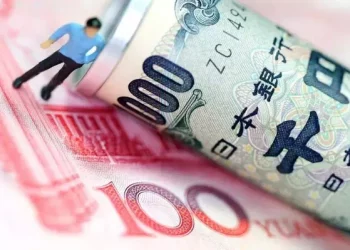Pound sterling, commonly referred to as the pound or GBP, is the official currency of the United Kingdom. In this article, we will provide a comprehensive guide to pound sterling, including its history, denominations, and how it is used in the modern economy.
History of Pound Sterling:
The pound sterling has a rich history dating back to the Anglo-Saxon era, where silver pennies were used as a means of payment. In 1158, King Henry II introduced the pound sterling as the official currency of England, and it has been in use ever since. The pound has undergone several changes over the years, including the adoption of the decimal system in 1971, where one pound was divided into 100 pence.
Denominations of Pound Sterling:
The pound sterling is issued in various denominations, including coins and banknotes. The coins come in 1p, 2p, 5p, 10p, 20p, 50p, £1, and £2 denominations, while the banknotes come in £5, £10, £20, and £50 denominations. The Bank of England is responsible for issuing and regulating the supply of pound sterling in circulation.
Use of Pound Sterling in the Modern Economy:
Pound sterling is one of the most widely traded currencies in the world and plays a significant role in the global economy. It is used as a reserve currency by several central banks, and it is also widely accepted as a means of payment for international trade and investments. The pound sterling is also used domestically in the UK for daily transactions, such as purchasing goods and services and paying bills.
Factors That Affect Pound Sterling:
The value of pound sterling is influenced by various factors, including:
- Economic Performance
The strength of the UK’s economy can impact the value of the pound. If the UK’s economy is performing well, the pound may appreciate against other currencies, while a weak economy may lead to a decrease in the pound’s value.
- Interest Rates
The difference in interest rates between the UK and other countries can affect the value of the pound. Higher interest rates in the UK can lead to an increase in demand for the pound, leading to a higher value.
- Political Stability
Political instability or uncertainty can impact the value of the pound. If there are concerns about political instability in the UK, it may lead to a decrease in demand for the pound, leading to a lower value.
- Global Events
Global events, such as natural disasters, pandemics, and geopolitical tensions, can impact the value of the pound.
In conclusion, pound sterling is the official currency of the United Kingdom and has a rich history dating back to the Anglo-Saxon era. It is issued in various denominations and plays a significant role in the global economy. The value of the pound is influenced by various factors, including economic performance, interest rates, political stability, and global events. Understanding the factors that affect the value of pound sterling can help individuals and businesses make informed decisions when trading or investing in the currency.
























